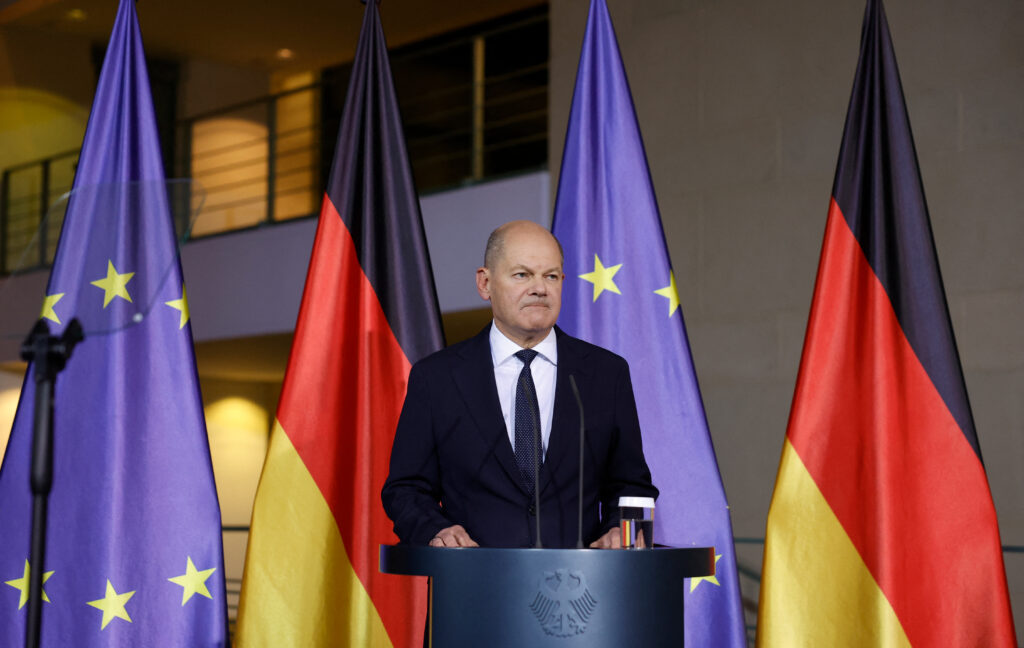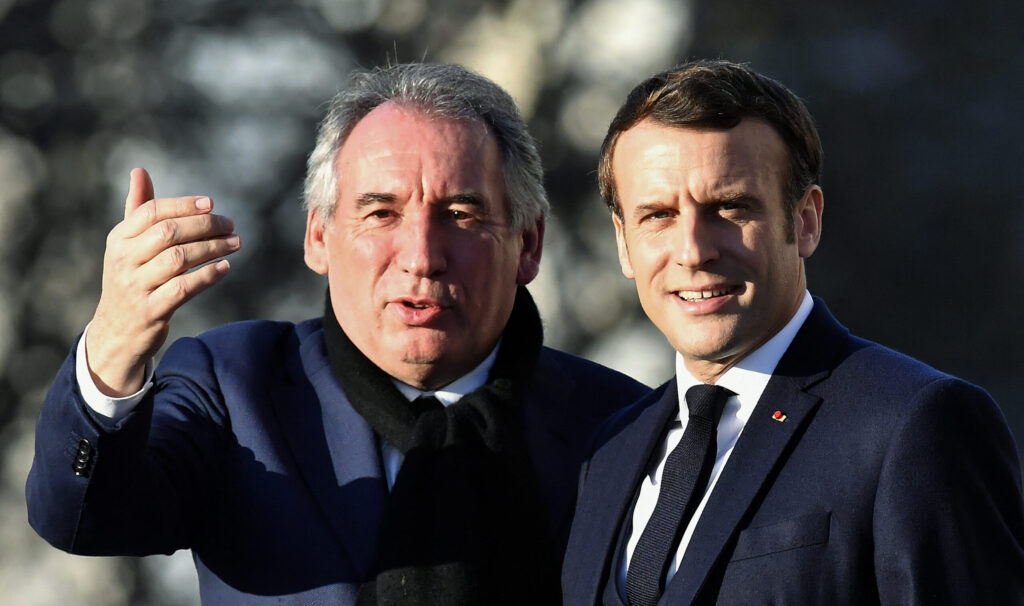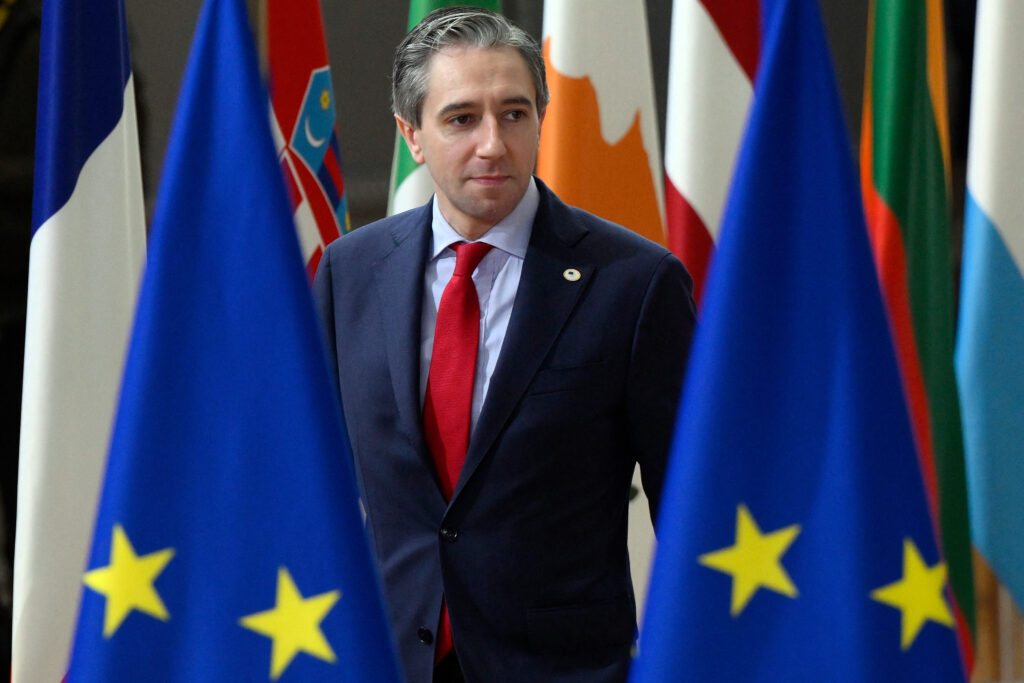Brussels – 2024 ends with the political instability of the European Union, which has increasingly shifted toward right-wing governments and finds it hard to keep existing balances stable, with a European Parliament in which the populars flirt with the far right. With what is happening in some member countries, the current year also has reasons to leave a bitter taste for supporters of democracy and European values.
The decline of Scholz in Germany
‘Greater’ Germany is teetering.
Chancellor Scholz has recently asked and lost a confidence vote to be able to call early elections on Feb. 23, 2025, and try to buy time to curb the collapse of the Social Democrats (SPD). It was a ‘kamikaze’ but necessary move to be able to try to pick up the pieces of a German government that has lost, in the coalition tripod, the liberals, one of the pillars of the majority.

The bone of contention has been the economy, with friction between the SPD and liberals so severe that it has opened the uphill road to the February elections. Coupled with Germany’s severe economic crisis, not to mention the automotive sector, Germany’s 2025 already seems to be starting in reverse gear. For everyone, but not for the far-right AfD, which has strengthened its position in the polls with 19 percent, confirming the saying that when ‘two fight, the third benefits.”
Storm over the Elysee
France broke every record in early December with the no-confidence motion against Michel Barnier making him the prime minister with the shortest career of the Fifth Republic. Not that his tenure had started with the best of auspices, being at the lead of a minority executive created with a patchwork of centrists and conservatives wanted by President Emmanuel Macron, not considering a significant part of the results of the early elections, which had seen the coalition of the lefts NFP in the lead.

France’s new Prime Minister François Bayrou (left) and President of the Republic Emmanuel Macron (photo: Georges Gobet/Afp)
It did not deter the head of the Elysée Palace, who placed his bet on the liberal Mouvement Démocrate (MoDem) leader, François Bayrou, mandating him a week ago (Dec. 13) to form a government. Yesterday, Dec. 19, Bayrou promised to present his government “before Christmas,” Agence France Press reported, extending to all parties an invitation to be part of the executive, excluding — not entirely — the far-right and far-left parties, pledging to find ways to involve them, in an obvious attempt not to aggravate anyone (and not to receive a censure motion as soon as he takes office). As Macron grapples with the catastrophic damage of the cyclone that devastated Mayotte, a French overseas territory, he must hope that another storm does not hit Paris, with dangerous consequences for the entire EU.
The Irish Own Goal
The Irish situation is also unclear, as the decision by Prime Minister Simon Harris on Nov. 29 to ask his citizens “to continue to be their Taoiseach (Irish prime minister).” This decision was made after gaining the post through the resignation of his predecessor, Leo Varadkar, both as head of the center-right Fine Gael party and as head of government.

Harris scored a big political own goal because the results ultimately saw his party trail its government allies, the Fianna Fáil Liberals, winning 10 fewer seats and even one fewer than the left-wing opposition party Sinn Fein, the big underdog in the election.
Excluding the Greens among the favorites for a coalition after the election fiasco, Fianna Fail and Sinn Fein are left to look around as they do not have a majority of seats to govern. Independents seem the favorites for a new coalition, but surprises are not ruled out with openings to the Liberals or Social Democrats. Again, everything still has to be defined.
TikTok rattles Romanian democracy
TikTok has found a prominent place in the elections in Romania, in which ultranationalist and pro-Russian Calin Georgescu initially won the first round in late November. The vote, later annulled by the Romanian Constitutional Court due to outside interference (in other words, Russian) via the social platform, has been postponed until an undefined date. It would not preclude a new victory for Georgescu, who has benefited from TikTok’s fairly circumventable rules for monitoring political content but whose victory, for many, hinges on widespread popular discontent.
In addition, Bulgaria held its seventh election in three years in 2024, confirming the hyper-fragmentation and paralysis of national politics. The GERB conservatives won. However, its majority is far from allowing it to govern, and the invitation to “all parties willing to follow the conservative program” proves the difficulty of forming a government. In Austria, Herbert Kickl (FPO) came first in the September parliamentary elections, with the best result for the far-right since World War II, while the Flemish conservative party N-Va triumphed in Belgium, followed by the far-right Flemish party Vlaams Belang. The center-right opposition also won in Portugal in March.
In the 2024 elections, the right triumphed, and in the rest of the cases, confusion and collapses of EU state governments are opening the door to a 2025 that does not look easy. In the run-up to the elections in Croatia on Dec. 29 and in Germany in February, new reflections will arise in the EU, which, while consolidating its international role, must plan how to avoid being checkmated by the anti-European right-wing forces (declared or not) now at the head of almost all European governments.
English version by the Translation Service of Withub









